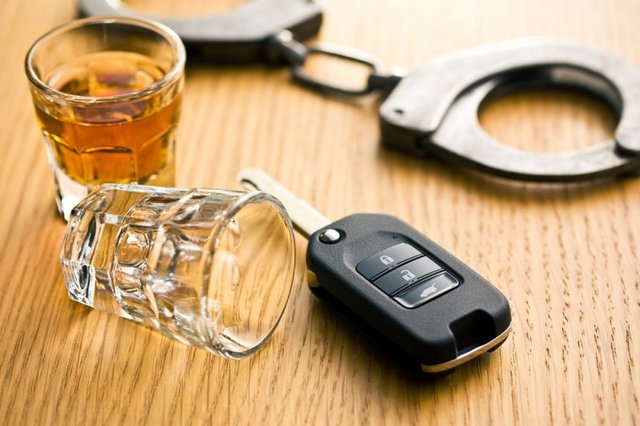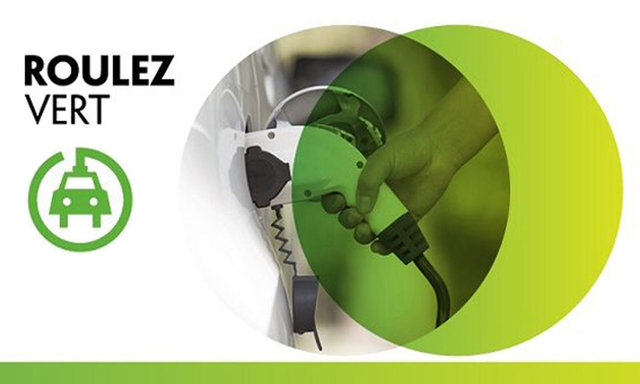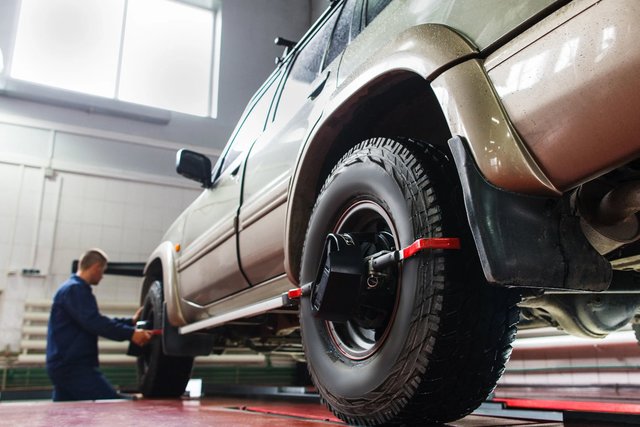It's been more than two months since the 33rd Operation Red Nose campaign began. Of course, we’re talking about the holiday campaign.
However, during the other months of the year, once the ad campaign is over, almost no one talks about it! In order to avoid the worst, here are some important statistics to know on the subject ...
A $6,000 drink
In addition to the fact that you up with a criminal record for life, we sometimes forget the harmful consequences of impaired driving on the wallet. An average of 15,000 people who have their driver's license suspended for driving after having one drink too many, puts more than $90,000,000 into the pockets of lawyers and towing services, and ties up the judicial system because of our lack of judgment.
Painful repercussions
Direct financial losses are troublesome, but indirect losses hurt even more. For example, automatically losing your license for 90 days and 1 year after the first offence is, we must emphasize, quite restrictive. To this, add all the other incidental expenses of getting around during this time of constraint. Worse, no more trips to the U.S. without any problems: you'll have to undergo a background check every time you go.
It's not all negative
On the other hand, since Éduc'alcool's various educational measures and following a survey of 1,139 telephone interviews, Quebecers are improving. Here are some highlights:
- 1. The number of glasses of alcohol consumed per week by Quebecers has slightly decreased compared to the last few years.
- 2. A slight decrease in the number of drinks consumed per occasion has also been observed since 2012.
- 3. The proportion of those who consume 4 or more drinks per occasion has decreased since 2012, from 17% to 12%. These results show that Éduc'alcool's messages have had an impact on Quebecers.
- 4. 1 in 2 Quebecers feel that the regular consumption of 1 or 2 alcoholic beverages per day is bad for a person’s health (49%), an increase of 11 percentage points compared to 2012.
In short, a slight improvement that’s still positive. However, knowing all the inconveniences inherent in impaired driving, choosing to be the designated driver appears to be the best protection.






